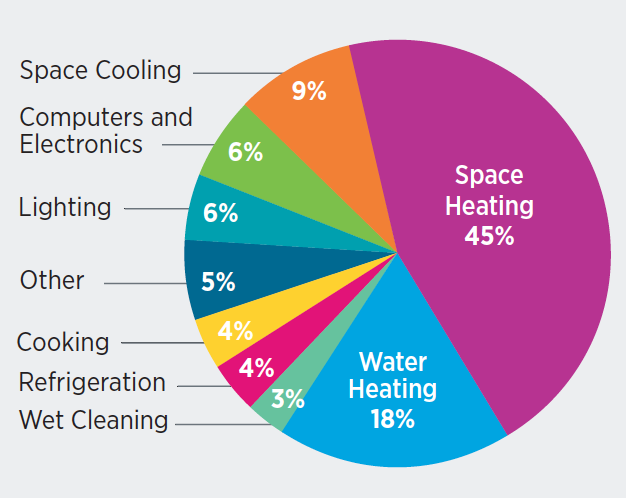
Unlocking Home Comfort: A Guide to Maximizing HVAC Efficiency
Heating, Ventilation, and Air Conditioning (HVAC) systems are the backbone of home comfort, regulating temperature and air quality. Optimizing HVAC efficiency not only enhances your living space but also contributes to energy savings and environmental sustainability.
Understanding HVAC Efficiency: The Basics
HVAC efficiency refers to how well a system converts energy into heating or cooling output. Higher efficiency means the system can deliver more comfort with less energy consumption. Understanding the basics of HVAC efficiency sets the stage for making informed decisions about your home’s comfort systems.
Investing in High-Efficiency HVAC Systems
When it comes to HVAC efficiency, the choice of the system matters. Investing in high-efficiency HVAC systems may involve a higher upfront cost, but the long-term benefits often outweigh the initial expenses. These systems boast advanced technology, better performance, and lower energy consumption, resulting in substantial savings over time.
Regular Maintenance: The Key to Efficiency
Proactive maintenance is the cornerstone of maximizing HVAC efficiency. Regularly changing air filters, cleaning coils, and scheduling professional tune-ups ensure that your system operates at peak performance. Neglecting maintenance can lead to reduced efficiency, increased energy consumption, and potential breakdowns.
Smart Thermostats and Zoning Systems
Embracing smart technology can significantly boost HVAC efficiency. Smart thermostats allow for precise temperature control and can learn your habits to optimize energy usage. Zoning systems, which divide your home into different heating or cooling zones, enable you to heat or cool specific areas based on need, preventing energy waste.
Sealing the Home Envelope
A well-sealed home envelope is vital for maintaining HVAC efficiency. Check for drafts, seal gaps around windows and doors, and ensure proper insulation. A tightly sealed home prevents conditioned air from escaping, reducing the workload on your HVAC system and improving overall efficiency.
Optimal Temperature Settings for Efficiency
Setting your thermostat to optimal temperatures is a simple yet effective way to maximize HVAC efficiency. In colder months, aim for a lower temperature when you’re away, and in warmer months, raise the thermostat to save energy. Every degree of adjustment can make a noticeable difference in energy consumption.
Upgrading to Energy-Efficient Equipment
If you have an older HVAC system, upgrading to energy-efficient equipment can be a game-changer. Newer models often come with advanced features and better energy efficiency ratings, offering improved comfort and lower operating costs. Explore the options available for your home’s specific needs.
Balancing Airflow and Ductwork Efficiency
Balanced airflow is crucial for HVAC efficiency. Check and optimize your ductwork for proper airflow, ensuring that conditioned air reaches all areas of your home. Leaky or inefficient ducts can lead to energy loss and decreased system performance.
Monitoring Energy Consumption
Take advantage of technology to monitor your HVAC system’s energy consumption. Smart energy monitors can provide real-time data on usage, helping you identify patterns and potential inefficiencies. This information empowers you to make informed decisions for optimizing energy usage.
HVAC Efficiency for a Sustainable Future
As we strive for a more sustainable future, maximizing HVAC efficiency is a significant step in reducing our collective carbon footprint. Efficient systems consume less energy, decreasing greenhouse gas emissions and contributing to environmental preservation. Make a positive impact by prioritizing energy efficiency in your home.
To explore ways to enhance your HVAC efficiency and achieve optimal home comfort, visit HVAC Efficiency. Discover resources, services, and solutions to make your HVAC system work smarter and more sustainably.
